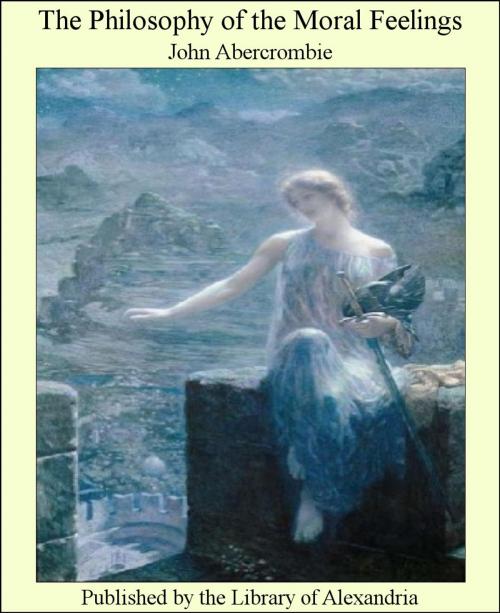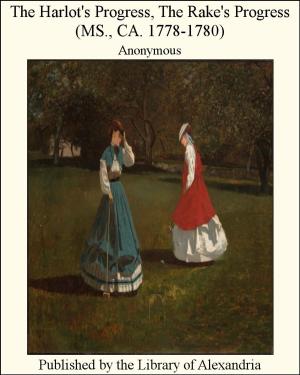The Philosophy of the Moral Feelings
Nonfiction, Religion & Spirituality, New Age, History, Fiction & Literature| Author: | John Abercrombie | ISBN: | 9781465526533 |
| Publisher: | Library of Alexandria | Publication: | March 8, 2015 |
| Imprint: | Language: | English |
| Author: | John Abercrombie |
| ISBN: | 9781465526533 |
| Publisher: | Library of Alexandria |
| Publication: | March 8, 2015 |
| Imprint: | |
| Language: | English |
NATURE AND IMPORTANCE OF THE SCIENCE OF THE MORAL FEELINGS. Man is to be contemplated as an intellectual, and as a moral being. By his intellectual powers, he acquires the knowledge of facts, observes their connexions, and traces the conclusions which arise out of them. These mental operations, however, even in a high state of cultivation, may be directed entirely to truths of an extrinsic kind,—that is, to such as do not exert any influence either on the moral condition of the individual, or on his relations to Other sentient beings. They may exist in an eminent degree in the man who lives only for himself, and feels little beyond the personal wants, or the selfish enjoyments of the hour that is passing over him. But, when we contemplate man as a moral being, new relations open on our view, and these are of mightier import. We find him occupying a place in a great system of moral government, in which he has an important station to fill and high duties to perform. We find him placed in certain relations to a great moral Governor, who presides over this system of things, and to a future state of being for which the present scene is intended to prepare him. We find him possessed of powers which qualify him to feel these relations, and of principles calculated to guide him through the solemn responsibilities which attend his state of moral discipline. These two parts of his mental constitution we perceive to be remarkably distinct from each Other. The former may be in vigorous exercise in him who has little feeling of his moral condition,—and the latter may be in a high state of culture in the man, who, in point of intellectual acquirement, knows little beyond the truths which it most concerns him to know,—those great but simple principles which guide his conduct as a responsible being
NATURE AND IMPORTANCE OF THE SCIENCE OF THE MORAL FEELINGS. Man is to be contemplated as an intellectual, and as a moral being. By his intellectual powers, he acquires the knowledge of facts, observes their connexions, and traces the conclusions which arise out of them. These mental operations, however, even in a high state of cultivation, may be directed entirely to truths of an extrinsic kind,—that is, to such as do not exert any influence either on the moral condition of the individual, or on his relations to Other sentient beings. They may exist in an eminent degree in the man who lives only for himself, and feels little beyond the personal wants, or the selfish enjoyments of the hour that is passing over him. But, when we contemplate man as a moral being, new relations open on our view, and these are of mightier import. We find him occupying a place in a great system of moral government, in which he has an important station to fill and high duties to perform. We find him placed in certain relations to a great moral Governor, who presides over this system of things, and to a future state of being for which the present scene is intended to prepare him. We find him possessed of powers which qualify him to feel these relations, and of principles calculated to guide him through the solemn responsibilities which attend his state of moral discipline. These two parts of his mental constitution we perceive to be remarkably distinct from each Other. The former may be in vigorous exercise in him who has little feeling of his moral condition,—and the latter may be in a high state of culture in the man, who, in point of intellectual acquirement, knows little beyond the truths which it most concerns him to know,—those great but simple principles which guide his conduct as a responsible being















